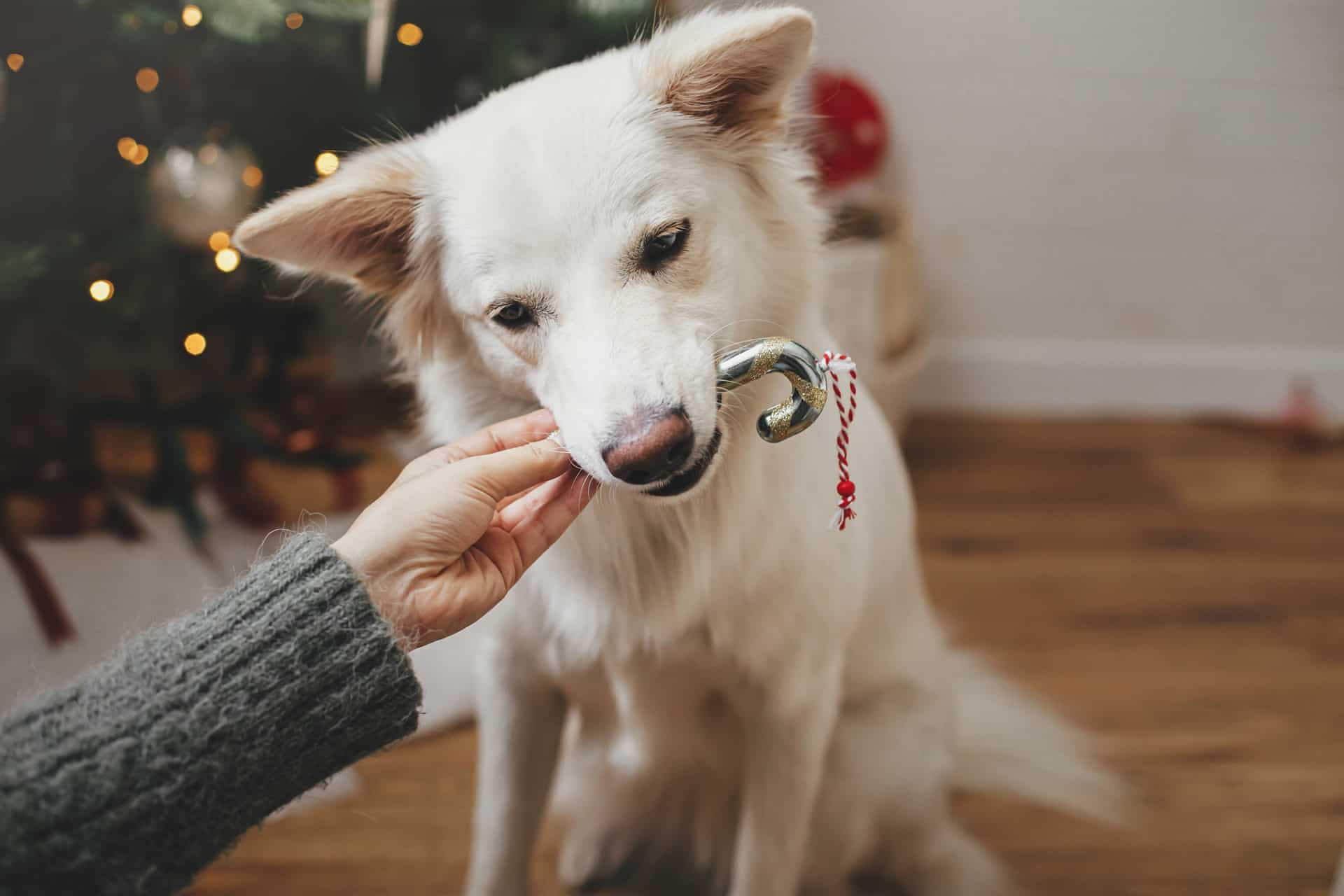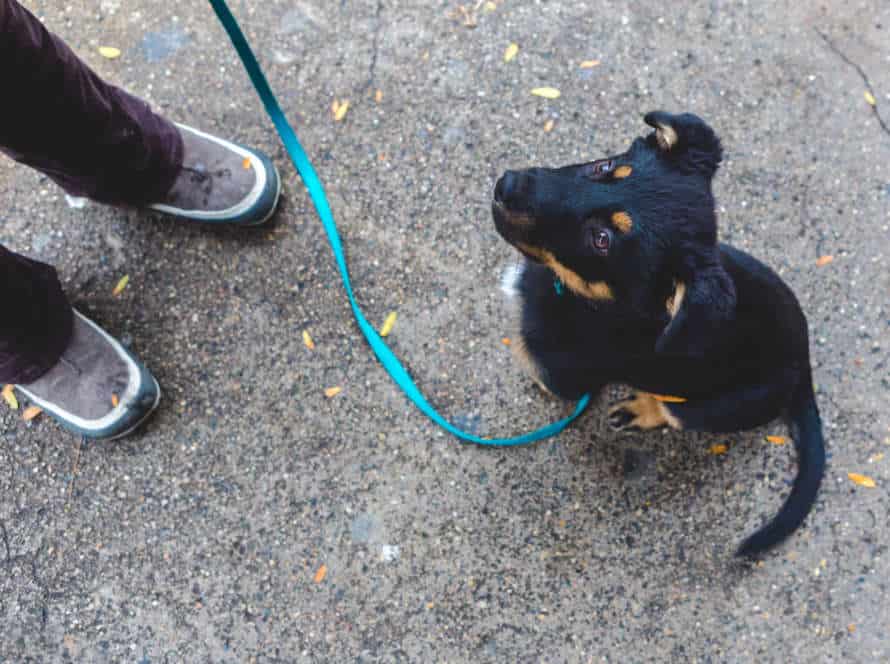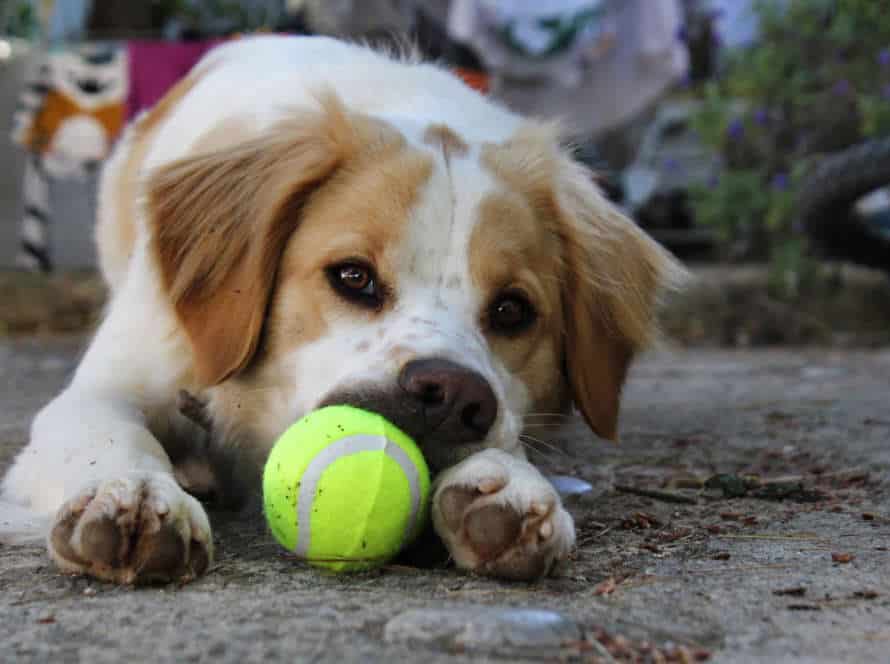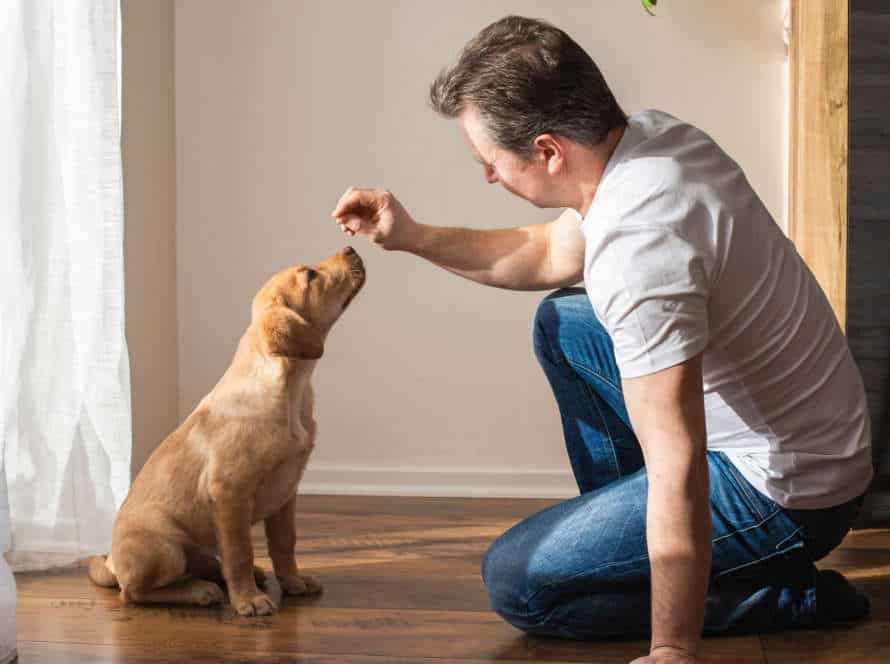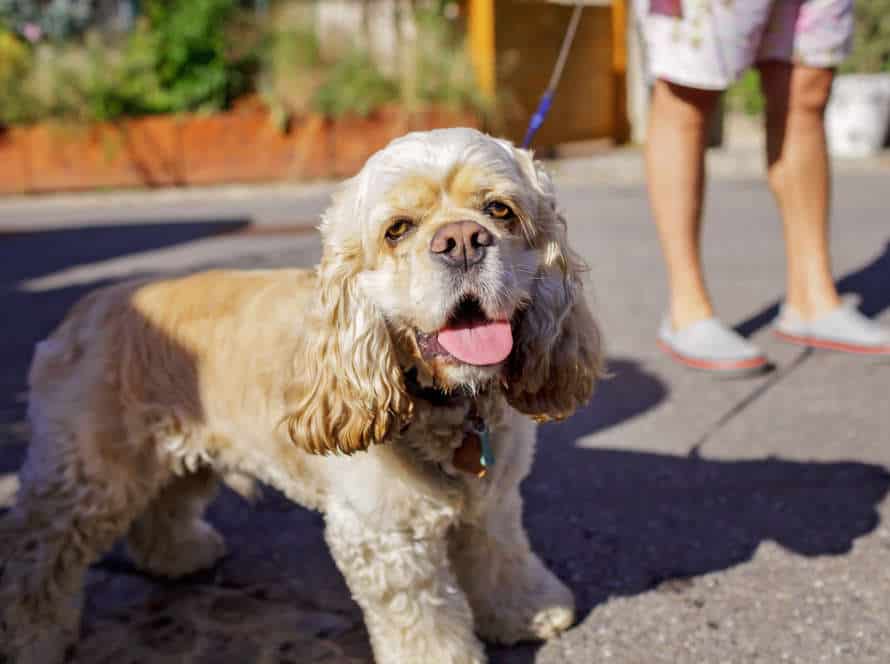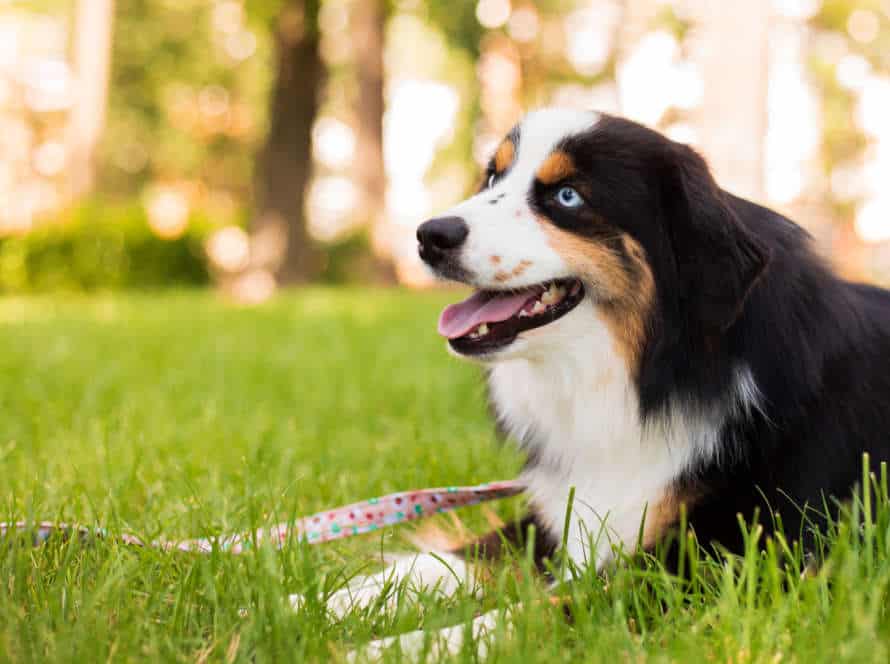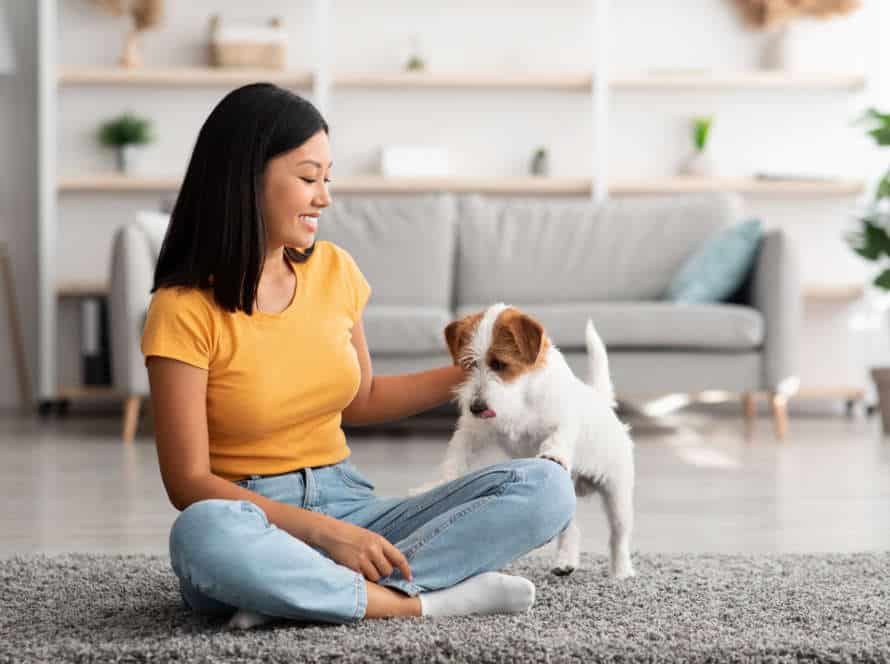The Importance of Socialization in Preventing Puppy Biting Issues
Socialization is key for puppy biting prevention. It helps pups get used to a range of people, places and things. It should begin early, and be ongoing for the pup’s whole life. Unsocialized pups are more likely to develop biting issues, as they may feel scared of new people, pets and situations.
Owners can socialize their puppy by introducing them to various environments, letting them meet a variety of people and animals, and rewarding them when they behave well. This should be done gradually, taking care not to overwhelm the pup. Good socialization leads to an adult dog that is obedient and sure of itself.
Benefits of Socializing Your Puppy
Socializing puppies is a must! It helps them grow into well-mannered pets. They need to meet various people, places and animals. It can even prevent biting or other bad behaviors. Read on to learn the many benefits of socializing your pup. Plus, the consequences of not doing so.
Reduces fear and anxiety
Socializing your puppy is important! It helps reduce fear and anxiety. This can stop your puppy from biting in the future.
Why? Socialization lets your puppy meet new people, pets, and places. This builds confidence and stops them from reacting aggressively.
It teaches them how to act around other dogs and people without biting. Not socializing your puppy can increase fear and biting.
Socialize your puppy early – 3 to 16 weeks is the key time for socialization. Pro tip!
Helps your puppy be more well-rounded and adaptable
Socializing your puppy is key for their adaptability and overall growth. Early socialization can lead to your pup being emotionally and mentally stable.
Benefits include:
- Lowering anxiety: Introducing your pup to people, dogs and sounds helps them gain confidence and lowers anxiety.
- Preventing aggression: Socialization helps your puppy know what’s safe and what’s not. Without it, they can become aggressive.
- Assisting development: Socialization helps your puppy with their physical, social and cognitive growth.
- Developing trust: Puppies learn how to trust through interaction and positive experiences with humans and other animals. This builds a strong bond between you and them.
Through socialization, you can create a well-rounded pet that behaves in any situation. Don’t delay in getting started to ensure a happy and healthy pet.
Builds important social skills
Socialize your puppy! It’s essential for building social skills. It’ll make sure your pup behaves and has good relationships with humans and other dogs. Socialized puppies are usually less stressed and anxious. Plus, their immune systems are better developed, and they are less prone to biting.
Here are the benefits of socializing your puppy:
- No biting: Socializing teaches pups how to act around humans and their own kind, so they don’t fear or attack them.
- Good physical health: Socializing gives puppies chances to exercise and play, which helps their physical health.
- Better mental health: It prevents future aggression and anxiety, and leads to better mental health.
- Builds trust: Socializing helps pups build trust with other creatures, creating healthier relationships.
Follow a socialization plan to make sure your puppy is well-adjusted. Start it between 3 and 14 weeks, when they’re most open to new experiences and less afraid of social situations. Pro tip!
When to Socialize Your Puppy
Stopping biting issues in puppies requires socialization. This means making your pup familiar with people, animals, and places. Socialize them in various ways. When is the key factor here.
Let’s explore this topic and learn about the important aspects of socialization.
Socialize your puppy early on
Socializing your pup is vital to avoiding biting issues in the future. This important socialization period happens between 3-14 weeks. During this time, pups must learn how to get along with other dogs, people and new settings.
Here are some ways to socialize your pup:
- Introduce them to different types of people – children, adults, seniors.
- Expose them to different sounds, smells, textures and environments – parks, pet stores, sidewalks.
- Promote positive playtime with other dogs and animals.
- Go to puppy training classes for obedience and socialization skills.
- Always supervise your pup and reward good behavior.
Socializing your pup early can stop biting issues and give you a content and adjusted pet for years.
Maximize the socialization window
Maximizing the socialization window is essential for proper puppy training and preventing any biting issues. Here’s what you must know: This window is between 3-14 weeks of age when your pup is most open to new experiences and learning. During this period, expose them to various people, animals, environments, and sounds to avoid fear and aggression in future. Make sure to keep away from any negative matters that could cause trauma or distress.
Socialization should be done gradually and must always be monitored for your pup’s safety. Remember, your puppy’s habits and behaviours during this time will shape their persona and interactions for life. So, take advantage of the window and ensure your pup’s long-term well-being.
Keep socialization experiences positive
It is important to socialize your pup to avoid behavior problems. Keep experiences positive, so they feel secure.
Here are a few tips:
- Start young! Before 14 weeks is the “socialization window”.
- Be gentle and patient – introduce new people, dogs and environments slowly. No forcing!
- Positive reinforcement – reward them for good behavior. Treats, praise or toys work great.
- Make it fun! It should be enjoyable for them. Make it engaging and rewarding.
Remember, with good socialization, there is less likelihood of biting or aggression.
Socialization Techniques
Socialization is major to reduce puppy biting. Early and same socialization educates puppies how to interact with the environment in a balanced and secure way. This article will look at some useful socialization methods for puppies. These will help stop puppy biting issues.
Puppy playdates
Puppy playdates are essential for proper socialization. Here’s how to make sure they’re successful:
- Start early – puppies should be socializing no later than 7 weeks old.
- Choose safe playmates – same size, age and energy level. Also make sure the area is hazard-free.
- Observe body language – if play gets aggressive or one puppy is overwhelmed, intervene.
- End on a positive note – when all puppies are relaxed, end the playdate. Reward good behavior.
Pro Tip: Supervise and be patient. Socialization is an ongoing process that needs regular interactions with dogs and people to create good social behavior.
Group obedience classes
Group obedience classes are great for socializing puppies and preventing biting issues. They provide an opportunity for exposure to different people, puppies, and environments.
Here’s what group classes can do for your pup:
- Exposure to other puppies: Your puppy can learn how to play and communicate with others in a controlled environment.
- Exposure to different people: Your pup can learn how to behave around all kinds of people, of all shapes and sizes.
- Exposure to different environments: Group classes can be held in parks or pet stores, helping your puppy get used to different places.
Pro tip: Consistency is key! Attend classes and train at home for the best results.
Walking in public
Taking your pup for a walk in public is a must for socialization. It helps them become comfortable with sights, sounds, smells, and humans.
Before you go, remember these tips:
- Begin with brief strolls in quiet places and increase the length and distance.
- Use a strong leash and collar.
- Offer treats and compliments when your pup behaves well.
- Let your pup choose whether to interact with other dogs or people.
With the correct socialization, your puppy will be a friendly, obedient dog.
Identifying and Addressing Unwanted Behaviors
Socialization is key for pups. To avoid puppy-biting issues, it’s important to introduce pups to people and other animals. This section will explain how to identify and tackle unwanted behaviors in puppies. That way, biting issues can be prevented.
Recognizing early signs of aggression
It’s vital to spot early signs of aggression. This can help address unwanted behaviors and stop puppy biting before it becomes a real problem. Here are some common aggression signs to look out for:
- Growling: Puppies may growl when feeling threatened or uncomfortable. Address this quickly to prevent aggression.
- Stiff body language: If a puppy’s body becomes stiff, it may mean they’re feeling uncomfortable or aggressive.
- Snapping: Puppies may snap at humans or other dogs if they feel threatened or overwhelmed.
- Biting: Playful biting is normal but serious biting must be dealt with straight away.
Early socialization can stop the development of aggressive behavior. Let your puppy interact with other dogs and people in a safe and positive environment. Remember, early intervention is key to avoid bigger problems.
Addressing fear-related biting
If your pup is displaying fear-related biting, it’s vital to address the root cause. Working with a pro to change the behavior is important. A common reason for fear-related biting is lack of proper socialization during the pup’s critical developmental period.
Socialization involves showing your pup to different people, places, and experiences in a safe and positive way to help them learn how to interact. Here are some tips to help stop fear-related biting:
- Begin socializing your pup early, from 3-14 weeks old.
- Show your pup to different people, including men, women, children, and people of all races.
- Let your pup meet other animals, sounds, and environments like parks or busy streets.
- Use positive reinforcement, like treats and compliments, to reward good behavior during socialization drills.
- Work with a professional dog trainer or behaviorist to solve any unwanted behaviors like fear-related biting.
Remember, timely addressing of bad behaviors is crucial to avoid more serious issues in the future.
Reducing territorial aggression
Territorial aggression in dogs can be reduced! Here are some tips to help:
- Start socializing when young – 3-16 weeks. Introduce pup to people, animals and different environments.
- Reward good behaviour with treats and praise. Build positive association between desired behaviour and rewards.
- Redirect unwanted behaviour with a toy or treat. Change pup’s focus away from the source of aggression.
- Seek professional help if problem persists. Get advice from a dog trainer or behaviourist.
Following these steps will help prevent territorial aggression and create a happy, healthy relationship with your pup!
Overcoming Common Socialization Challenges
Socializing your pup is key for them to grow up to be a friendly and well-rounded pooch! During this period, pups learn how to interact with others in the right way. But sometimes, socializing can come with certain difficulties.
Here’s how you can tackle these challenges!
Working with shy or timid puppies
Shy or timid puppies can be tough to handle. Patience, compassion, and positive reinforcement are key. Here’s what to do:
- Create a quiet space for when they’re overwhelmed.
- Don’t force them into situations they don’t like. Introduce new experiences slowly.
- Reward them with treats and kind words when they do well.
- Socialize them early on–within the first 12 weeks.
- Be supportive and loving. And if you need more help, seek professional advice.
Addressing anxious or overreactive behaviors
Dealing with anxious or overreactive behaviors in puppies can seem hard. But, it’s possible with patience and consistency! Here are some techniques to help:
- Socialization: Introduce your pup to people, animals, and new experiences.
- Positive Reinforcement: Reward calm behavior and commands with treats and attention.
- Exercise: Give your pup plenty of physical activity to burn off energy and reduce anxiety.
- Consistency: Have a daily routine and a safe and comforting space for your pup.
- Professional Help: If the anxiety persists, see a vet or an animal behaviorist.
With patience and the right techniques, your pup can be a happy part of the family.
Working with resource guarding behaviors.
Resource guarding can be a tricky challenge when it comes to puppy biting. Here are some useful methods:
- No Punishment – Avoid punishing, as it can make the behavior worse. Be patient and consistent instead.
- Treat Exchange – Offer a tasty treat in place of the guarded item.
- Redirection – Swap the guarded item for a chew toy.
- Professional Help – If the behavior is dangerous or unmanageable, get professional help.
Additionally, early socialization is key. Invest in pro training and work with your puppy regularly to develop positive habits.
Frequently Asked Questions
Q: What is socialization for puppies?
A: Socialization is the process of exposing puppies to various experiences, people, dogs, and environments in order to help them develop good behavior and avoid aggression or biting issues later on.
Q: How does socialization help prevent puppy biting issues?
A: Puppies who are well-socialized are less likely to bite or act aggressively towards people or other dogs because they have learned how to interact with others in a positive and non-threatening way.
Q: When should a puppy start socialization?
A: Ideally, socialization should begin when the puppy is 3-12 weeks old as this is the critical period for learning and socialization. However, socialization can continue throughout the dog’s life.
Q: Can puppies still develop biting issues even with socialization?
A: Yes, there is no guarantee that socialization will prevent all biting issues. However, it can greatly reduce the likelihood of biting and aggressive behavior and help dogs develop healthy social skills.
Q: How can I socialize my puppy?
A: You can socialize your puppy by exposing them to various environments (such as different rooms, outdoor areas, etc.), meeting different dogs and people, practicing positive reinforcement training, and gradually increasing exposure to new experiences over time.
Q: What are the risks of not socializing my puppy?
A: Puppies who are not properly socialized may develop fear, anxiety, and aggression towards strangers, other dogs, and new environments, leading to potential biting and other issues. They may also struggle with adjustment in social situations throughout their lives.

